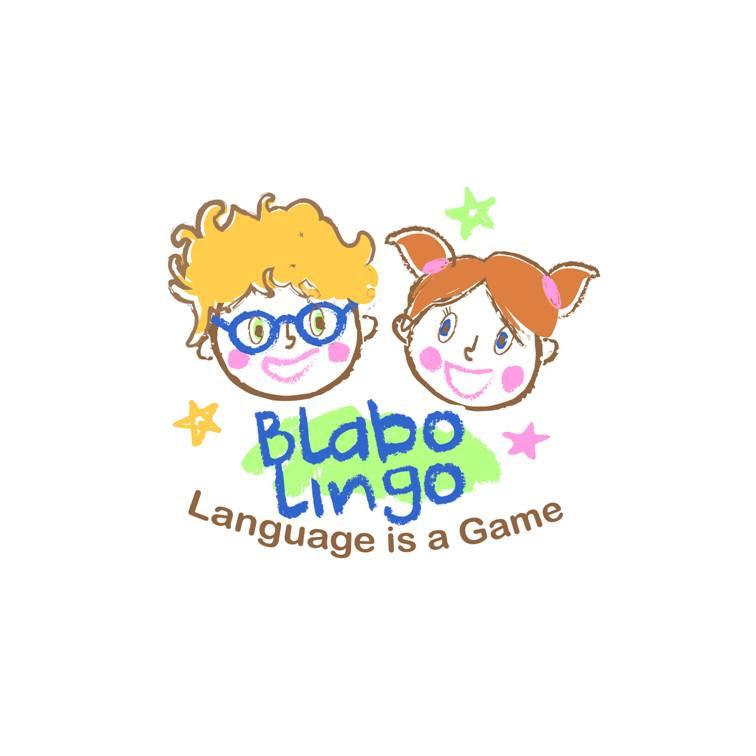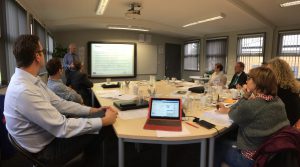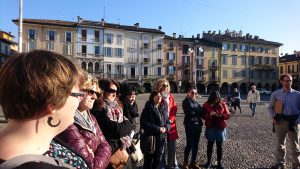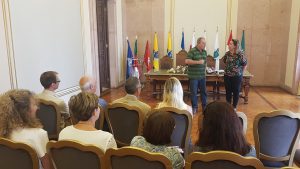Serious Games
Serious Games for Initial Foreign Language Learning
What are serious games? How can they contribute to learning? Why are they a good tool to use for learning a language? Serious games are games whose primary objective is to help learn or practice a skill. By using games, learning can also be fun and entertaining. For languages, they can be particularly good, as they can link colour, imagery, sound and animation with role-play and challenges. This project aims to do just that for target groups in the Primary School sector.

Funding programme: Erasmus+ KA2
Project number: 2018-1-UK01-KA201-047880
Thematic area: Schulische Bildung
Project period: 2018-2020
Project website: http://blabolingo.com/
Partner:
Brompton-on-Swale Church of England Primary School, Großbritannien
edEUcation ltd, Großbritannien
Agrupamento de Escolas de Silves, Portugal
Groupe Scolaire Carlepont, Frankreich
Istituto Comprensivo di Lodi Secondo, Italien
Serious Games for Initial Foreign Language Learning (SG4ILL) aims to develop a new set of online game based resources to support early language learning. The resources will be made available in the 5 languages of the partners and can be used for pupils starting to learn a foreign language or migrant pupils learning of the language of their host country.
Using ‘serious’ games to support language learning is a technique that has many benefits. It can be entertaining, animated, colourful and fun. Many existing online resources are basic and deal mainly with learning vocabulary. Our resources will be different, in that they will offer progression and challenges. The levels will be aligned with the Common European Framework for Languages at levels A0-A1.
Our target groups are all young learners in the Primary sector, including some migrant learners, primary age teachers and trainee teachers. The materials will be developed solely in the target languages and will therefore be available as resources for second language learning but also for newly arrived migrant children to learn the language of the host country. Developing language skills in migrants is fundamental to help them access learning and give them ‘every assistance to integrate in their new communities’ – a priority of the European Agenda on Migration.
The aim is to both motivate pupils but also to show how they are making progress. Each topic has three levels of difficulty and both the pupils and their teachers will be able to assess their progress.
The games cover 7 different topics:
– Greetings and Introductions
– Numbers and Colours
– Family and Friends
– Food and Drink
– Game and Activities
– School
– Travel and Transport
Our project will trial them in schools in the partner countries and then make them freely available for anyone to download on the project website.
 |
 |
 |
